About the event
The International Summer School on Robotic Mission Engineering (RoME) is dedicated to advancing the engineering of robotic missions through systematic approaches drawn from Software Engineering. In 2026, RoME proudly celebrates its fourth edition with the support of ACM SIGSOFT.
Over the course of five days, participants will take part in a dynamic program of presentations, interactive working sessions, and engaging discussions with internationally renowned speakers, who have been a hallmark of RoME since its first edition. This year introduces an exciting new highlight: the very first RoME Robotic Competition, where participants will collaborate to design and execute missions in Turtebots.
RoME 2026 promises an inspiring environment to learn, collaborate, and innovate at the forefront of robotics research.

Ana Cavalcanti is a Professor at the University of York, UK, and holds a Royal Academy of Engineering Chair in Emerging Technologies. In that role, she is Director of the RoboStar centre on Software Engineering for Robotics. She previously held a Royal Society Industry Fellowship, which provided her with the ideal opportunity to understand and contribute to the practice of formal methods working with QinetiQ. Her main scientific achievements have been on the design and justification of sound refinement-based program development and verification techniques. She has covered theoretical and practical integration with industry-strength technology: concurrency, object-orientation, and testing, dealing now with mobile and autonomous robots. She has led the development and justification of refinement theories, notations, and techniques, and tools to cope with control systems. Her work provides support for graphical notations popular with engineers, and for main-stream programming languages. It is distinctive in that it has comprehensive coverage of practical languages, rather than idealised notations. It also supports high degrees of automation to enable usability and scalability. She has chaired the Programme Committee of leading conferences, and been a member of numerous Programme Committees. Currently, she is the Chair of the Formal Methods Europe Board.
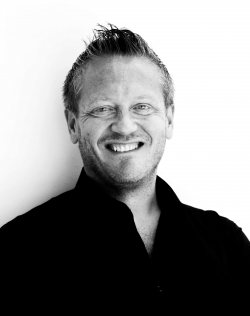
Patrizio Pelliccione has an academic and educational background in Software Engineering and Computer Science covering both solution-oriented and knowledge-oriented research. He has been working in different countries and contexts and he has a consolidated experience on National (Italian, Swedish, Luxembourgish) and EU projects. He is very active in the research community and he collaborate with various companies around the world. The three main research areas in which he is working are (i) autonomous, self-adaptive, and smart systems, (ii) robotic Software engineering and (iii) architecting complex system.

Lina Marsso is currently a post-doctoral researcher in the Department of Computer Science at the University of Toronto working with Marsha Chechik. She received her PhD from INRIA Grenoble, France where she was advised by Radu Mateescu and Ioaniss Parissis. Her recent work is in the combination of safety, social, legal, ethical, empathetic, and cultural, verification and analysis of autonomous systems. Lina was organizer and served as PC Chair on the first International Workshop on Dependability and Trustworthiness of Safety-Critical Systems with Machine Learned Components and the sixth International Workshop on Automated and Verifiable Software System Development. Moreover, she served and is serving on the program committee of several conferences, including the 46th International Conference on Software Engineering (ICSE 2024), the 39th IEEE/ACM International Conference on Automated Software Engineering (ASE 2024), the 29th International Conference on Formal Methods for Industrial Critical Systems (FMICS 2024), and the 26th International Conference on Fundamental Approaches to Software Engineering (FASE'2023).
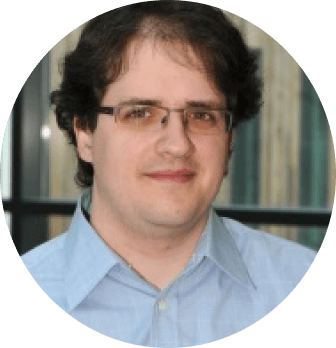
Pedro Ribeiro is a lecturer in Computer Science at the University of York. He has over a decade of experience on formal modelling and verification with applications to modern software engineering approaches, and is one of the core developers of RoboTool. His research interests span the breadth of the engineering lifecycle for robotics, including design and development of domain-specific notations and their formal semantics, model-based testing and verification using automated proof techniques. He is a member of the RoboStar centre of excellence, has been a member of several programme committees in the area of formal methods, and is a co-founder of Formal Methods Europe (FME) communications committee.

Thierry Lecomte has 30 years of experience in R&D, having worked on industrial projects in the automotive, healthcare, microelectronics, nuclear energy, railway and space industries. Today he is R&D director of CLEARSY, a French SME specialized in the invention of safety critical systems, where he has worked since its creation in 2001. His current subjects of interest are safety and security co-engineering, safe artificial intelligence, and autonomous mobility - all related to formal methods.
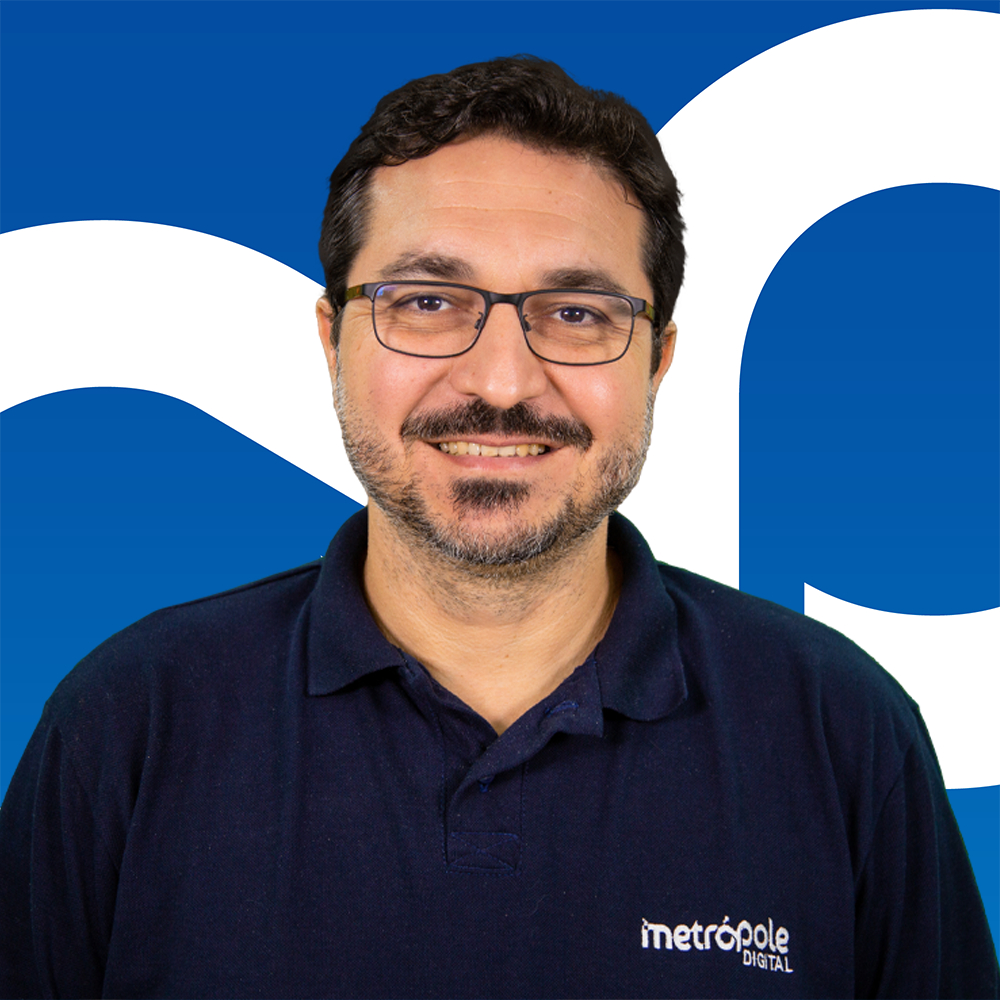
Marcel Vinicius Medeiros Oliveira is a Professor of the Department of Informatics and Applied Mathematics (DIMAp) of the Federal University of Rio Grande do Norte (UFRN). He holds a Bachelor's Degree in Computer Science from the Federal University of Pernambuco, a Master's Degree in Computer Science from the Federal University of Pernambuco and a Ph.D. in Computer Science from the University of York, England. Marcel Oliveira has over 20 years of experience in the area of Computer Science, with emphasis on Formal Methods. More specifically, his research has focused on computation and refinement tactics, concurrency, semantics of formal languages, integration of formal methods, and synthesis of code from formal specifications.
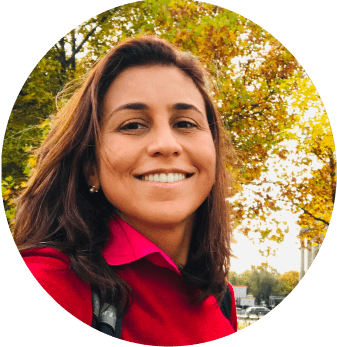
Genaina Rodrigues is an associate professor in the Department of Computer Science at the University of Brasília. She received her Ph.D. in Computer Science from University College London in 2008. Previously, she obtained her bachelor’s degree in Computer Science from the University of Brasília in 1999 and her Master’s Degree in Computer Science from the Federal University of Pernambuco in 2002. In 2008, she conducted a postdoctoral research in the Computer Science Department at the Federal University of Minas Gerais. Her research interests are mostly in Software Systems Engineering including the mutual collaboration between robotics and software engineering, model checking for design and runtime verification, self-adaptive systems and the interplay with goal-oriented requirements engineering, behavior-driven development and its role in testing. In 2013, she co-organized the Brazilian Software Engineering Congress (CBSoft) of the Brazilian Computer Society (SBC). In 2020, she was awarded a fellowship as an experienced researcher through CAPES/Alexander von Humboldt Programme to conduct research at the Humboldt Universität zu Berlin with Prof. Lars Grunske and PhD Thomas Vogel.
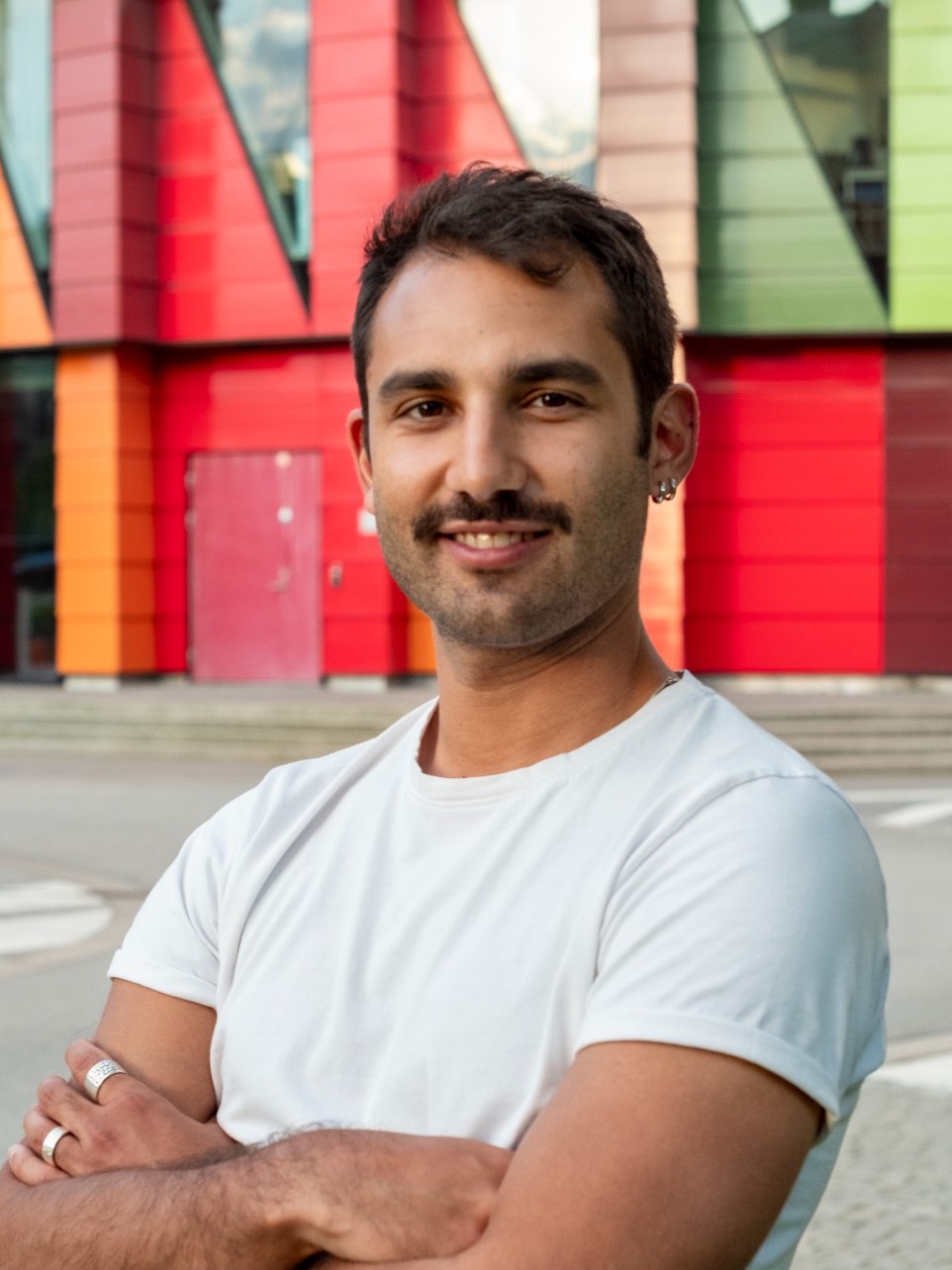
Ricardo Diniz Caldas’s research is all about creating resilient robots that can keep going, despite the unknown. In a nutshell, he studies cutting-edge software engineering techniques, from advanced software architecture, dependable self-adaptation, and field-based testing (aka real-world validation) applied to ROS-based robotics. His ultimate goal is to make resilient robots a key part of our society and the way we live and work. He received a Ph.D. in Computer Science and Engineering at Chalmers University of Technology, thanks to funding from WASP Sweden and the supervision of Prof. Patrizio Pelliccione and Prof. Thorsten Berger. He has a strong background in dependability and software engineering, having earned his master’s degree in Computer Science from the University of Brasília (Brazil) in 2019, in a joint effort with Prof. Genaína Rodrigues.

PhD, Master and (advanced) undergraduates students in:
(i) Computer Science
(ii) Engineering
(iii) Mechatronics
(iv) and alike!
RoME will sponsor via ACM Sigsoft up to some students grants of USD 400 to support travel and registration costs.
For those who wants to apply for Student Grant at RoME 2026, it's required to fill the form with a resume and personal information. Applicants must submit their application by the application deadline. Based on review of the uploaded info, the organizers of RoME 2026 will determine and communicate the successful applicants and confer scholarships.
The criteria for awarding the scholarship can be found here.
The scholarship is not intended to cover all travel and accommodation expenses, but rather to provide financial support to help participants with these costs, which remain their responsibility.
Important Dates:
Location
The Computer Science Department (CIC) at the University of Brasília is a leading institution in teaching and research in technology. Located at the Institute of Exact Sciences on the Darcy Ribeiro campus, the CIC offers undergraduate and graduate programs, as well as innovative projects. It is an active and collaborative space, ideal for hosting academic and technological events.